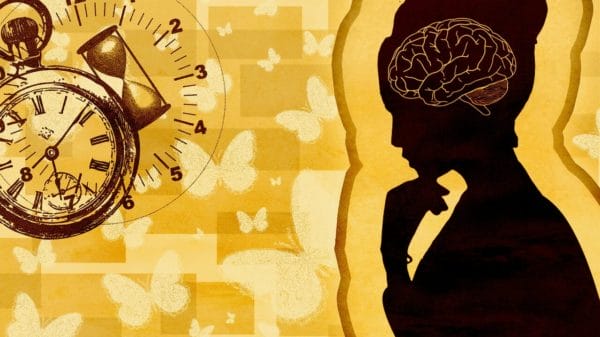
Are PTSD and ADHD linked?
You are easily distracted, struggle with transitions, have difficulty concentrating and don’t finish what you start. Your friends and family say you have ADHD and you clearly have many of the symptoms. But you feel like your painful life experiences are contributing to your symptoms. Is there a link between ADHD and PTSD?
Both ADHD and PTSD originate in the brain. The symptoms of a trauma response often look a lot like the symptoms of ADHD. Below we will explore how ADHD symptoms can truly be a trauma response and what to do if you aren’t sure what’s going on for you.
You have trouble sitting still or paying attention
Difficulty paying attention is a well-known ADHD symptom. However, when a person experiences trauma, their brain can become stuck in a state of “Hyperarousal” or “fight or flight.” With PTSD, the person is on constant watch for something dangerous to happen. Although you may know you are safe in the moment, you never feel safe. The brain is wired to focus on threat, making it almost impossible to pay attention to a school lesson or a work meeting when your trauma is triggered. If you have difficulty with attention and a trauma history, it may be worth exploring whether treating the trauma will reduce the attention difficulties.
You have trouble with changes and transitions
Many people with ADHD have difficulty changing from one task to another. In children, these transitions can lead to behavioral and emotional outbursts. In adults, this may show up as irritability, lateness, and moodiness. Trauma experiences can also lead to strict adherence to rigid routines and difficulty making transitions. Sudden or unexpected transitions can cause an automatic fear response, triggering the same moodiness, avoidance, and irritability seen in ADHD.
You start projects but never finish them
People with ADHD struggle with executive functioning skills that help a person organize complicated tasks. Many people with ADHD drift from one activity to another and may struggle to complete larger or more complex projects. However, this same trait can be seen in PTSD and trauma. As a person experiences repeated painful experiences and traumas, the amygdala becomes enlarged. At the same time, the prefrontal cortex can shrink. Executive functioning skills are located in the prefrontal cortex. As this part of the brain shrinks, the person with PTSD finds it harder to organize complex tasks.
You struggle to fit in with others
You often find yourself feeling uncomfortable socially, as if others don’t like you or don’t connect with you. If you have ADHD, this could be related to your academic struggles growing up and not getting the support you needed to succeed with peers socially. The same experience often occurs to children who have experienced childhood trauma and have PTSD as an adult. The child brain is too busy preparing for danger and assessing threat to connect with peers. These brain changes can last long into adulthood without proper treatment.
So, what do I do if I have these problems?
At Skylands Wellness, we believe in treating the symptoms and not a diagnosis. But sometimes a diagnosis can help us determine the best treatment methods. If you’re struggling with any of these symptoms, it’s important to understand the source. A mental health assessment and therapy can help clarify whether you are dealing with ADHD, PTSD, trauma, or something else! It is truly possible that you are dealing with more than one thing.
Call us today for a free 15 minute phone consultation if you’d like help understanding your symptoms. To learn more about Trauma Therapy and how Skylands Wellness can help, click here.
